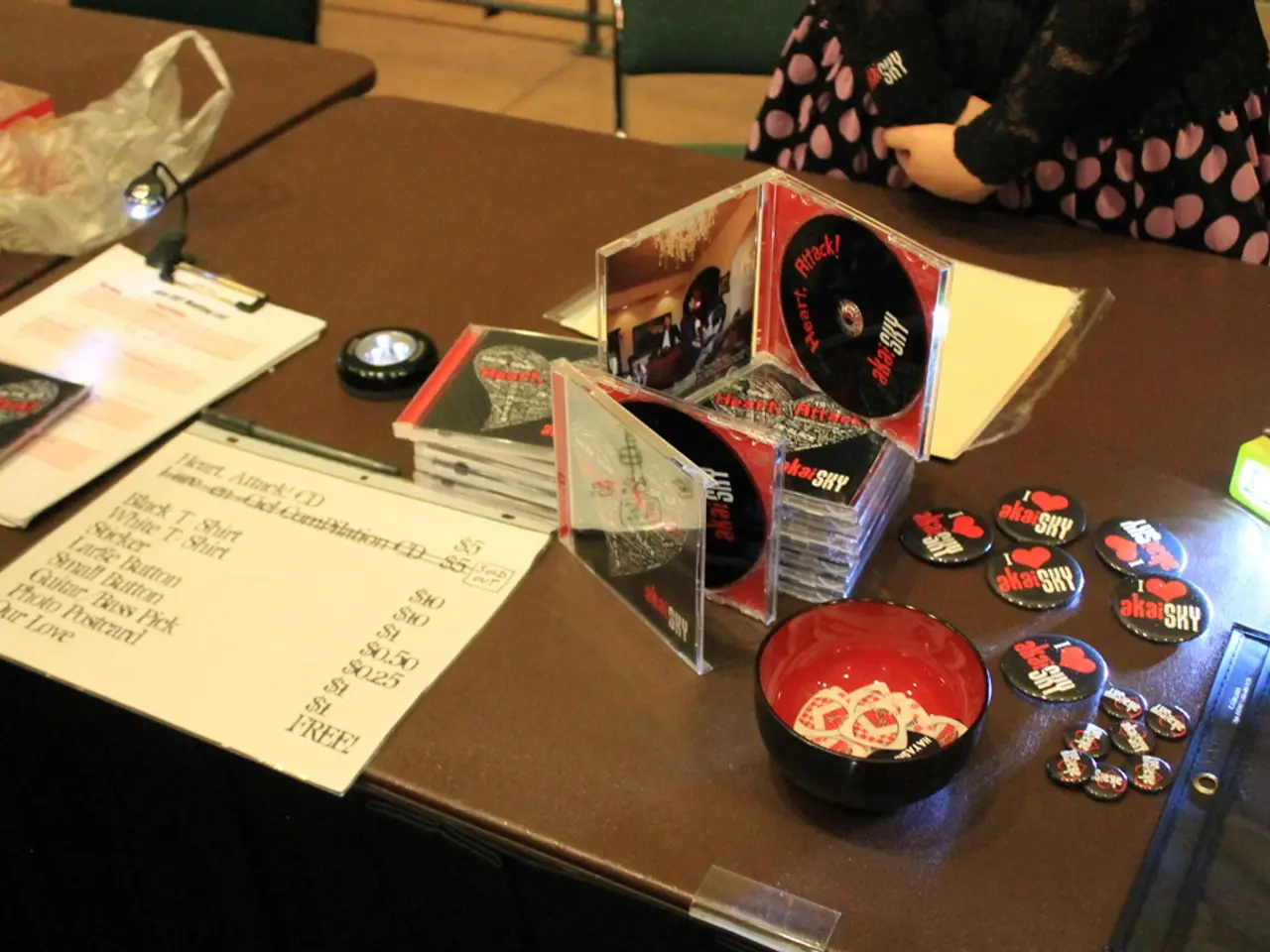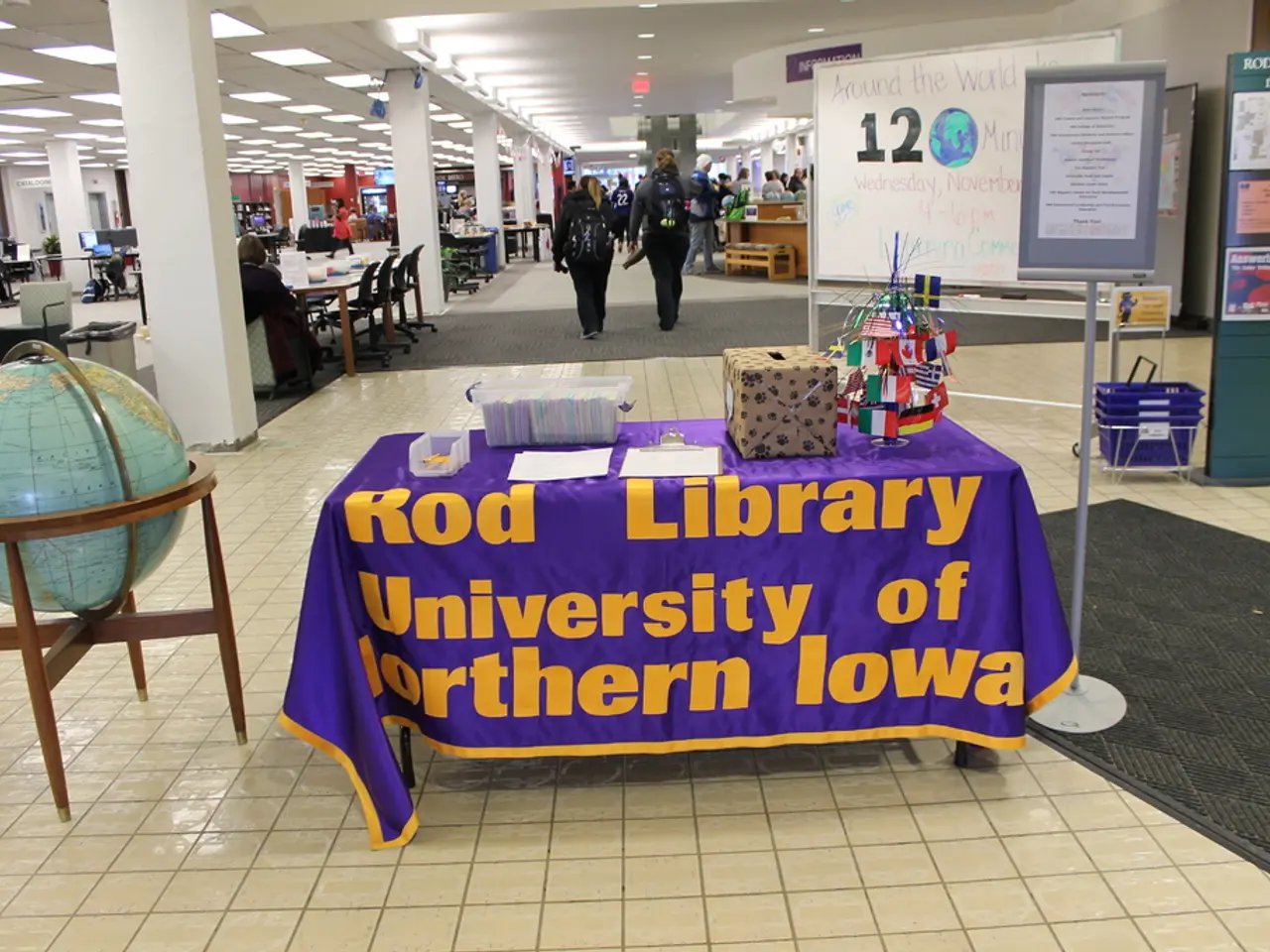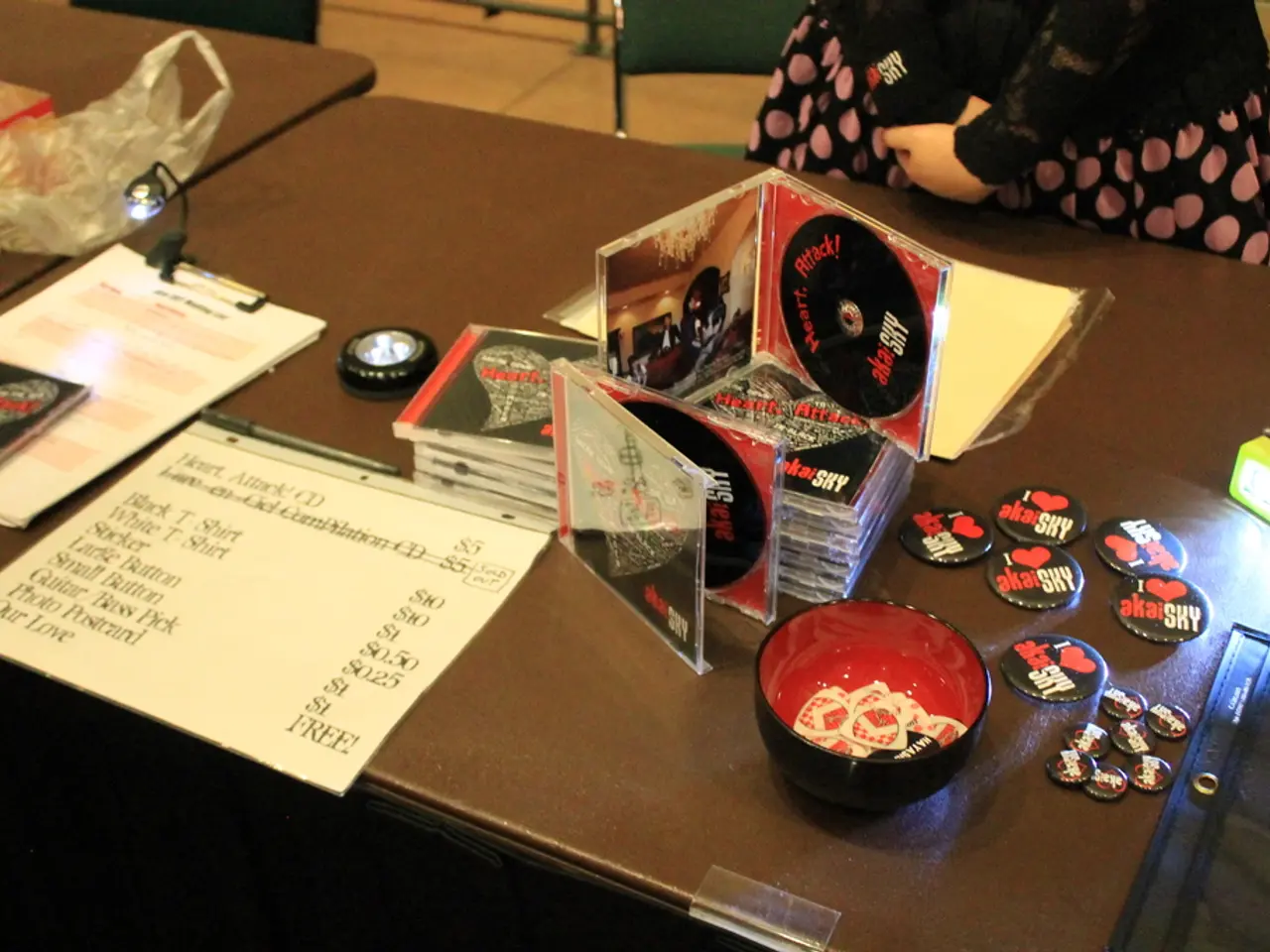Connecticut-based High 5 Casino Reaches $1.5 Million Settlement Agreement
High 5 Games Settles Unlicensed Online Casino Operation in Connecticut
High 5 Games, a gaming company, has agreed to pay $1.44 million in restitution and settlement fees to resolve claims that it operated an unlicensed online casino in Connecticut. The settlement includes $643,000 reimbursed directly to consumers who lost money playing the High 5 Casino and $800,000 allocated for consumer protection programs.
The settlement comes after the Connecticut Department of Consumer Protection (DCP) found that High 5 Games was running an unlicensed online casino operation through its High 5 Casino platform. This violation of state gaming laws led to approximately 1,100 residents using the platform since March 2023, with 911 of those users losing about $938,000. Notably, 108 users were on Connecticut's self-exclusion list for problem gamblers.
As part of the settlement, High 5 Games agreed to cease its casino operations in Connecticut and implement technological measures to block Connecticut residents from accessing the platform, including through VPNs. The company also agreed to refrain from offering sweepstakes games without licensing and to submit quarterly compliance reports until April 2026.
The DCP dropped over 1,000 criminal charges related to this matter. High 5 Games did not admit guilt as part of the agreement. The settlement coincided with Connecticut’s broader regulatory crackdown, including Senate Bill 1235, which banned sweepstakes casinos in the state effective October 2025.
High 5 Casino billed itself as a social casino but was found to violate Connecticut's online gaming statutes due to the inclusion of optional sweeps coins, which can be redeemed for cash. The Mohegan and Mashantucket Pequot tribes control in-person casino gambling with their Mohegan Sun and Foxwoods properties, while Connecticut's two tribes, Mohegan and Mashantucket Pequot, hold a duopoly on online casino gambling with their respective partners, FanDuel and DraftKings.
DCP Commissioner Bryan Cafferelli stated that this case is an example of their efforts to ensure a fair, safe, and legal gaming market in Connecticut. The High 5 Games settlement resolves possible criminal charges against the company and its chief officials. High 5 Games has ceased its High 5 Casino operation in Connecticut.
- High 5 Games has agreed to pay a total of $1.44 million, with $643,000 going directly to consumers who lost money on the High 5 Casino platform.
- The Connecticut Department of Consumer Protection (DCP) found that High 5 Games was operating an unlicensed online casino in Connecticut, leading to approximately 1,100 residents using the platform.
- 911 of those users lost about $938,000, and notably, 108 users were on Connecticut's self-exclusion list for problem gamblers.
- High 5 Games has agreed to cease its casino operations in Connecticut and implement technological measures to block Connecticut residents from accessing the platform, including through VPNs.
- The company also agreed to refrain from offering sweepstakes games without licensing and to submit quarterly compliance reports until April 2026.
- The DCP dropped over 1,000 criminal charges related to this matter, but High 5 Games did not admit guilt as part of the agreement.
- Senate Bill 1235, which bans sweepstakes casinos in the state, effective October 2025, coincides with Connecticut’s broader regulatory crackdown.
- High 5 Casino, which billed itself as a social casino, was found to violate Connecticut's online gaming statutes due to the inclusion of optional sweeps coins, which can be redeemed for cash.
- The Mohegan and Mashantucket Pequot tribes control in-person casino gambling with their Mohegan Sun and Foxwoods properties.
- Connecticut's two tribes, Mohegan and Mashantucket Pequot, hold a duopoly on online casino gambling with their respective partners, FanDuel and DraftKings.
- DCP Commissioner Bryan Cafferelli stated that this case is an example of their efforts to ensure a fair, safe, and legal gaming market in Connecticut, and it resolves possible criminal charges against the company and its chief officials.




